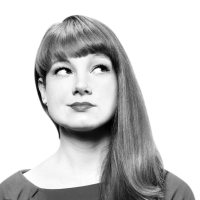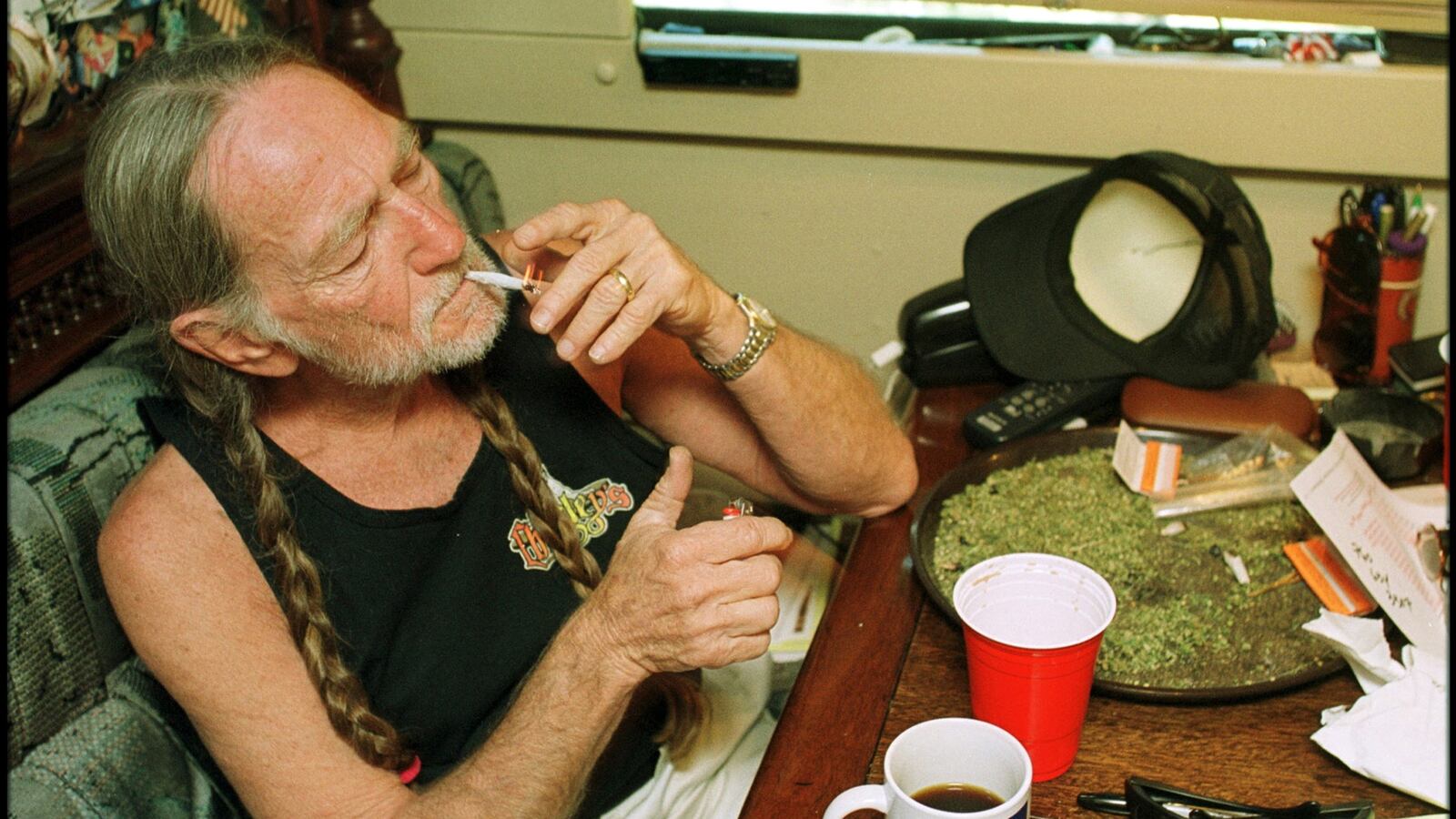The day the marijuana retail outlets opened in the state of Washington, I called a certain expert I know for a report. So were you there, I asked, when the doors opened?
“Well, I wasn’t there for the grand opening at 11, because what am I, a junkie?” my father said. “I headed down around one.”
Dad is dissatisfied with the state’s legalization of recreational marijuana. But not for the reasons you might think.
“The prices were sky-high. They were ridiculous,” he told me. “Sort of a reasonable benchmark price for really good bud is $300 an ounce. I paid $60 for two grams, which translates to $840 an ounce. I mean, it’s just outrageous.”
The packaging, he reported, was “nice,” though he found the customer service lacking.
“The comparison for me, of course, is with a really good wine store. You go in and part of the deal is that the clerks know a hell of a lot about the wine,” he said, adding that although the product was excellent, he wishes there had been someone around to spiel about it.
“To tell you the truth, I’m almost as snooty about weed as I am about wine. I’ve been consuming it for more years,” he said.
In the Pacific Northwest, legalization of recreational use has always felt like a question of when not if. For Oregon, where I live, it’s been a four-decade slide that started with decriminalization in 1973, medical marijuana in 1998, and a populace that, at least in Portland, is more likely to give you dirty looks for smoking a cigarette than a joint.
We narrowly shot down legalization in 2012, which was more indicative of a poorly written bill failing to garner institutional support than a litmus test of Oregon voters. But by the end of this year, it probably will be legal — this week, Oregon’s secretary of state qualified the ballot measure, which will be voted on in November.
It’s widely expected to pass, albeit closely — in May, 57 percent of likely voters polled said they would support the measure. New Approach Oregon, the group pushing it, has garnered close to $870,000 in contributions.
The use is so universal. At my high school, we drank, sometimes, but far more often we smoked — first, it was just easier to get, second, the police wouldn’t be as mad, and third, when you raided your parent’s stash, they couldn’t say much about it.
For the record, I didn’t do any of that raiding in high-school as I didn’t know my father smoked until I was 19. This fact was revealed with a flourish during a Life Lesson on the importance of discretion, which is a story for another day.
In the state to my north, the major problems that are arising from retail outlets are not cultural, but logistical — as of this writing, both the stores in Vancouver, Washington, where Dad lives, are closed due to a lack of supply; one complained to the local paper about price-gouging by suppliers.
“We haven’t had any additional calls for service,” Kim Kapp, the Public Information Coordinator for the Vancouver Police Department, said last week. “We were certainly there on the opening day just because of potential crowds… and to reinforce the consumption law, there’s no public consumption or opening of packages in public view. But it didn’t change our world.”
Sue Vorenberg has been covering all the bumps along the way in her role as cannabis reporter for The Columbian, Vancouver’s newspaper. “I’ve been covering it like the microbrew industry,” she said, adding that she covers the “fun” parts of it while a business reporter covers the more technical, policy-related details.
The crowd at the stores, she said, surprised her. “It’s a lot of old Baby Boomer types that are popping in and checking it out after many years,” Vorenberg said. “If you walk into the stores, it’s not the skater kids you might expect, it’s the hippies that went away from it, raised their kids, and are coming back again.”
She compared the legalization and general relaxation of the culture surrounding weed to gay marriage, which also passed in Washington in 2012: “Getting used to it being above-ground is odd. With the younger generations it’s more open; people know more about it, they’ve been exposed to it, they’re more open. It’s much like gay marriage — my Dad’s gay, and he came out six or seven years ago, but growing up in the ‘50s and ‘60s, he certainly couldn’t come out of the closet.”
So is she partaking? She paused, and laughed. “I can get fired for doing that. We have a zero-tolerance policy here at the Columbian, so I can’t do strain reviews.”
My father has smoked, on and off, since 1967. He estimates that he’s probably purchased weed illegally hundreds of times, and legally just once.
It was odd, he said, after nearly five decades, to waltz into a store and buy some, although he still hasn’t gotten over the sticker shock. “It’s convenient, I guess,” he said. “If I want to go down to the store and pay through the nose for a small amount of marijuana, I can do it conveniently. So that’s nice.”






